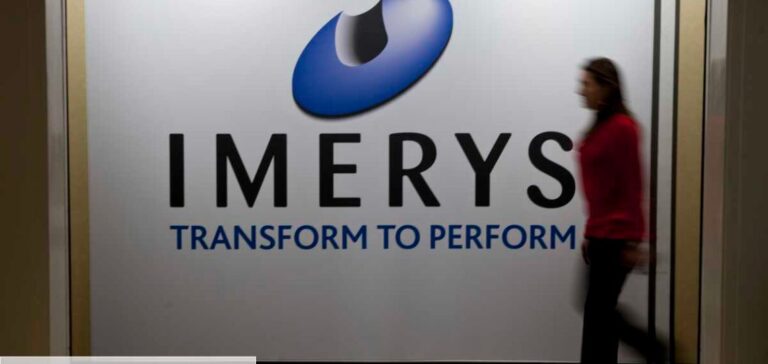Industrial minerals specialist Imerys is accelerating its lithium extraction and processing project in France. The company expects to finalise the investment decision for the construction of a pilot plant in Échassières, in the Allier region, by summer 2025. This initiative is part of Imerys’ strategy to strengthen its position in the lithium market, a crucial component for electric vehicle battery production.
An investment pending approval
During the presentation of its 2024 financial results, Imerys’ Chief Financial Officer Sébastien Rouge highlighted the need to reaffirm several economic parameters before officially launching this next phase. He noted that building permit applications had already been submitted, but the company was taking its time due to the current decline in lithium prices, which eases pressure on deadlines.
The group does not intend to undertake this project alone and is actively seeking industrial and financial partners to join the venture. Sébastien Rouge expressed confidence that lithium prices would recover by the end of the decade, potentially improving the project’s profitability.
Financial performance impacted in 2024
In 2024, Imerys posted a net loss of €95 million, compared to a net profit of €51 million in 2023. This downturn was primarily due to a €374 million exceptional charge related to the divestment of its paper market activities. However, Sébastien Rouge reassured investors that this charge did not affect the company’s equity.
Despite a 5% decline in revenue to €3.6 billion, earnings before interest, taxes, depreciation, and amortisation (EBITDA) and margins improved. With 40% of its revenue linked to a struggling construction sector, Imerys is relying on strategic acquisitions to support its 2025 growth.
Strategic investments for 2025
Beyond its lithium project in France, Imerys plans to invest in a calcium aluminate plant in India and expand black carbon production capacity in Belgium, a key component for lithium-ion batteries. Meanwhile, its new talc plant in China aims to develop solutions for lighter automotive bodies.
These initiatives reflect Imerys’ commitment to diversifying its activities and seizing opportunities in growing markets while adapting to fluctuations in raw material prices.






















